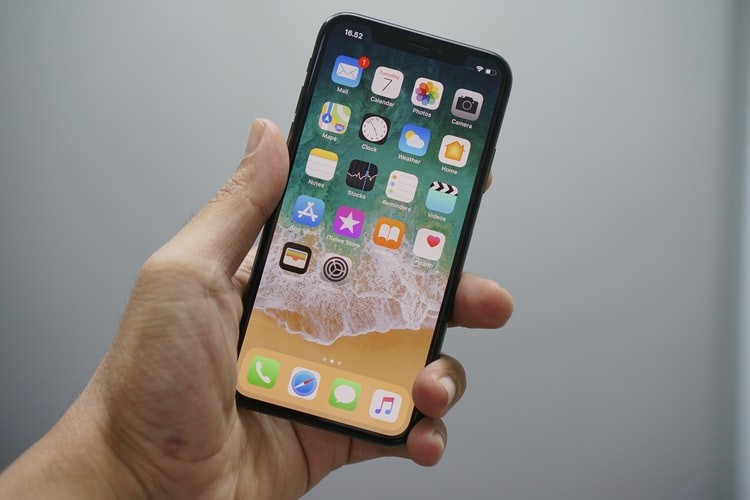
Wandera, a mobile security company, recently released a list of 17 applications for Apple devices, which are Clickware infected, meant to augment revenue for advertising. Gujarat-based AppAspect Technologies Pvt. Ltd. published the said apps while Apple removed all 17 names on the list as they can no longer be downloaded on the App Store.
The infected apps were supposed to receive commands from the control service so that the advertisements would load. Then, it would open the website from the background and change the settings of the device for the users to subscribe to expensive service subscriptions without their permission. Some of the apps iPhone users should immediately uninstall include RTO Vehicle Information, File Manager-Documents, EMI Calculator and Loan Planner, CrickOne-Live Cricket Scores, Yoga Poses, Smart GPS Speedometer, Daily Fitness, Easy Contact Backup, and Mute Video, among others.
Apps that Changed the Image of Apple
Rogue apps are no longer developed just for Android phones. The 17 apps mentioned above have definitely changed the way people think about the ever-popular and impressive iPhones. The primary purpose of clicker Trojans is to generate income for the attacker via the pay-per-click access by swelling up the website traffic. More so, these apps that almost changed Apple's image could also be used to drain a competitor's budget by artificially augmenting the balance it owed to an ad network.
Interestingly, similar developers published almost 30 apps on the Google Play Store, but none of them were discovered to feature the said clicker. These Indian developer's apps on Android were not communicating with the C&C servicer identified earlier. This doesn't mean, though, that the developer did not attempt to attack Android. Android apps had previously been reported to be infected and taken away from the store.
Hidden Ads
Incidentally, recently, Google took away 29 popular apps on Android with a total download of over 10 million from Google Play store. Quick Heal Security Labs, a cybersecurity firm, reported these mobile apps as "24 out of 29 malicious apps belonging to the HiddAd category." These types of apps are merely hiding their icon after every first launch. Then, they create a shortcut on the Home Screen.
The primary purpose of the automatic shortcut creation on Home Screen is for the users not to uninstall the app. Once a user launches the App through the said shortcut, it then shows full-screen ads on the mobile device screen. The other apps are Adware, and they get installed through ads when an Android phone user visits the social media sites such as Facebook and YouTube, to name two.
ⓒ 2025 TECHTIMES.com All rights reserved. Do not reproduce without permission.




